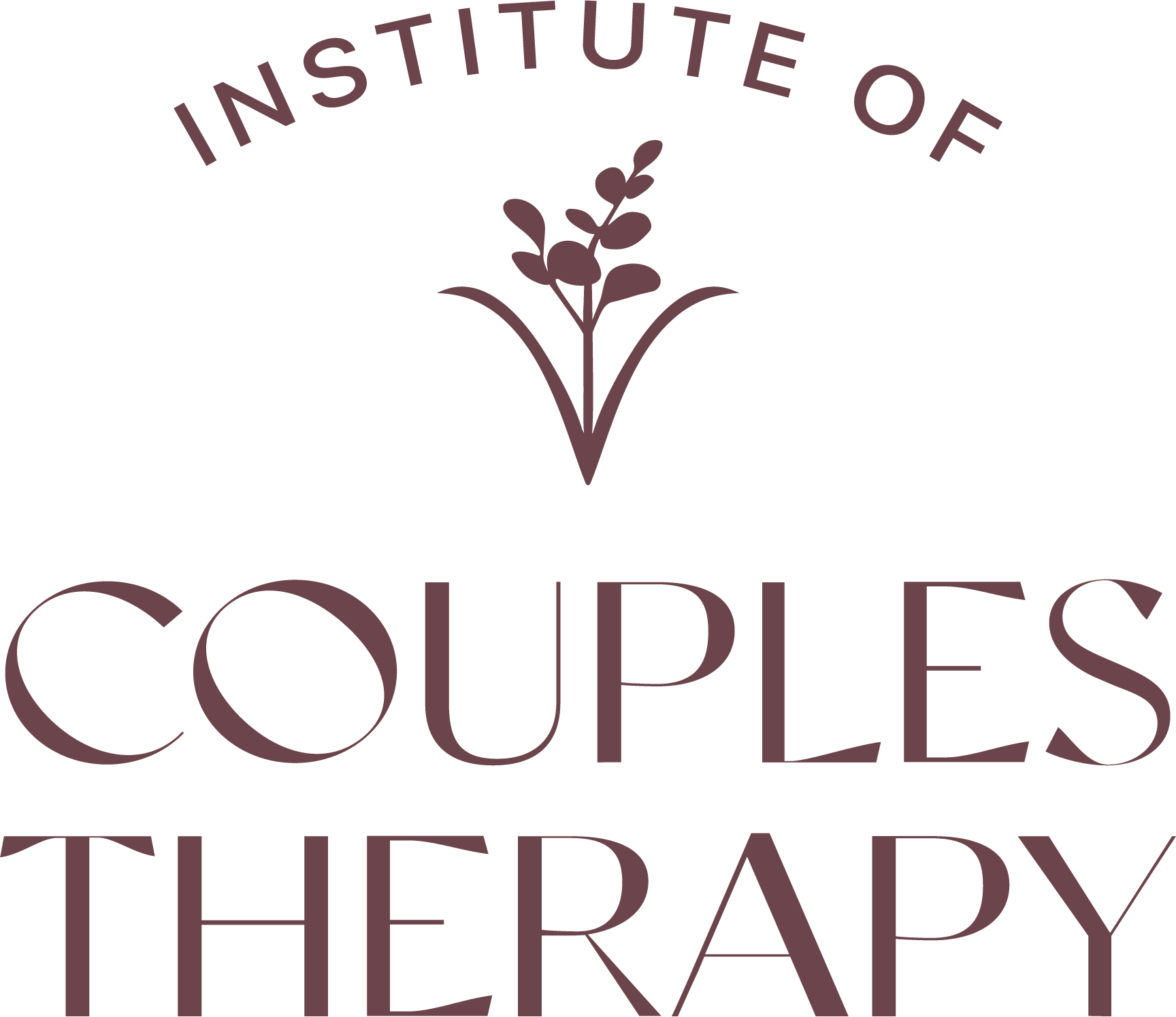Infertility in couples therapy isn’t simply about medical challenges — it’s about identity, grief, communication breakdowns, and deep relational hurt. Therapists often feel unsure about how to hold these conversations. What’s too much? What’s not enough? How do we support two people who are experiencing the same loss in profoundly different ways?
As therapists, we are well-versed in the complexities of relationships, but infertility introduces layers of grief, shame, and silence that aren’t always addressed in standard training. This article shares key insights to help you feel more prepared and more compassionate in your work with couples navigating infertility.
The Impact of Infertility on Relationship Dynamics
Infertility brings with it an invisible weight. For couples, this weight often shows up in sessions as:
- Cycles of blame and self-blame
- Increasing distance or avoidance of intimacy
- Conflicts about timing, treatment, and decisions
- One partner emotionally withdrawing, the other over-functioning
- The relationship becoming centred around medical appointments, not connection
These patterns are deeply relational. Infertility doesn’t just affect individuals — it impacts the space between them. In infertility in couples therapy, our role is to bring awareness to these dynamics with compassion, not judgement.
Common Challenges Therapists Face in Infertility and Couples Therapy Work
1. Fear of Saying the Wrong Thing
Therapists often worry about unintentionally minimising pain or overstepping into medical territory. Staying with the emotional experience of infertility — not offering solutions — is key.
2. Struggling to Hold Dual Grief
Each partner experiences infertility differently. One might feel anger, another numbness. Holding space for two parallel grief processes is uniquely challenging in therapy for infertility in relationships.
3. Avoidance of the Topic
It’s common for therapists to feel discomfort, leading to avoidance or tiptoeing. Yet naming what is present — grief, loss, uncertainty — can be profoundly regulating for couples.
4. Underestimating Cumulative Grief
Unsuccessful treatments, failed cycles, or miscarriages are ongoing losses. These cumulative experiences weigh heavily on the relationship and are often unspoken.
How to Support Couples Through Infertility in Therapy
Use Psychoeducation to Reduce Shame
Normalise that grief, disconnection, and sexual difficulties are common in the context of infertility. Understanding this can alleviate internalised blame.
Reframe the Work Around Connection
Rather than focusing solely on outcomes (pregnancy, success, failure), focus on preserving the relationship through the storm. Invite conversations about what connection looks like now.
Introduce Boundaries for Infertility Conversations
Many couples benefit from structured “fertility talk times” to contain overwhelm. Outside those times, prioritise the couple, not the problem.
Address Sexuality Honestly
Infertility can make sex feel mechanical or pressured. Creating space to discuss this openly — without shame — helps couples rebuild intimacy on their own terms.
Be Aware of Therapist’s Emotional Responses
Infertility touches on themes of hope, loss, and fairness. Therapists need to reflect on their own reactions to avoid collusion or avoidance.
The Therapist’s Role: Compassionate Witness, Not Problem Solver
In infertility in couples therapy, your role isn’t to fix, it’s to hold space where grief can be named and connection rebuilt. You provide:
- Containment for overwhelming emotions
- A bridge when communication breaks down
- Validation that their suffering is real, even if invisible to others
This work demands humility, patience, and curiosity.
When You’re Ready to Go Deeper: Learn from Rebecca Reddin
If these reflections resonate, and you want practical guidance on working with infertility in couples therapy, we invite you to explore our recorded webinar:
Infertility in Couples Therapy with Rebecca Reddin.
Rebecca brings warmth, depth, and years of specialist experience to this complex work, offering therapists real-world tools to navigate the emotional terrain of fertility challenges within the therapy room.
Rebecca Reddin is also the founder of the Perinatal Mental Health Institute, offering training and resources for therapists working in this sensitive area.
FAQs
How does infertility impact couples’ communication?
Infertility often leads to avoidance, conflict, or polarisation in communication. Therapy helps create space for honest, compassionate dialogue.
Should therapists focus on the medical or emotional aspects of infertility?
Focus on the emotional and relational impact. Leave medical advice to the specialists and stay within the therapeutic scope.
How do I manage when partners experience infertility differently?
Name the difference. Validate each person’s unique grief while helping them stay connected through empathy, not alignment of feelings.
Is sex always affected by infertility?
Not always, but it often is. Therapy provides a space to name changes, reduce shame, and explore ways to reconnect.
How do I know if I’m the right therapist for a couple navigating infertility?
Reflect on your comfort level with grief, complexity, and silence. Training (like Rebecca’s webinar) can strengthen your confidence in this work.





